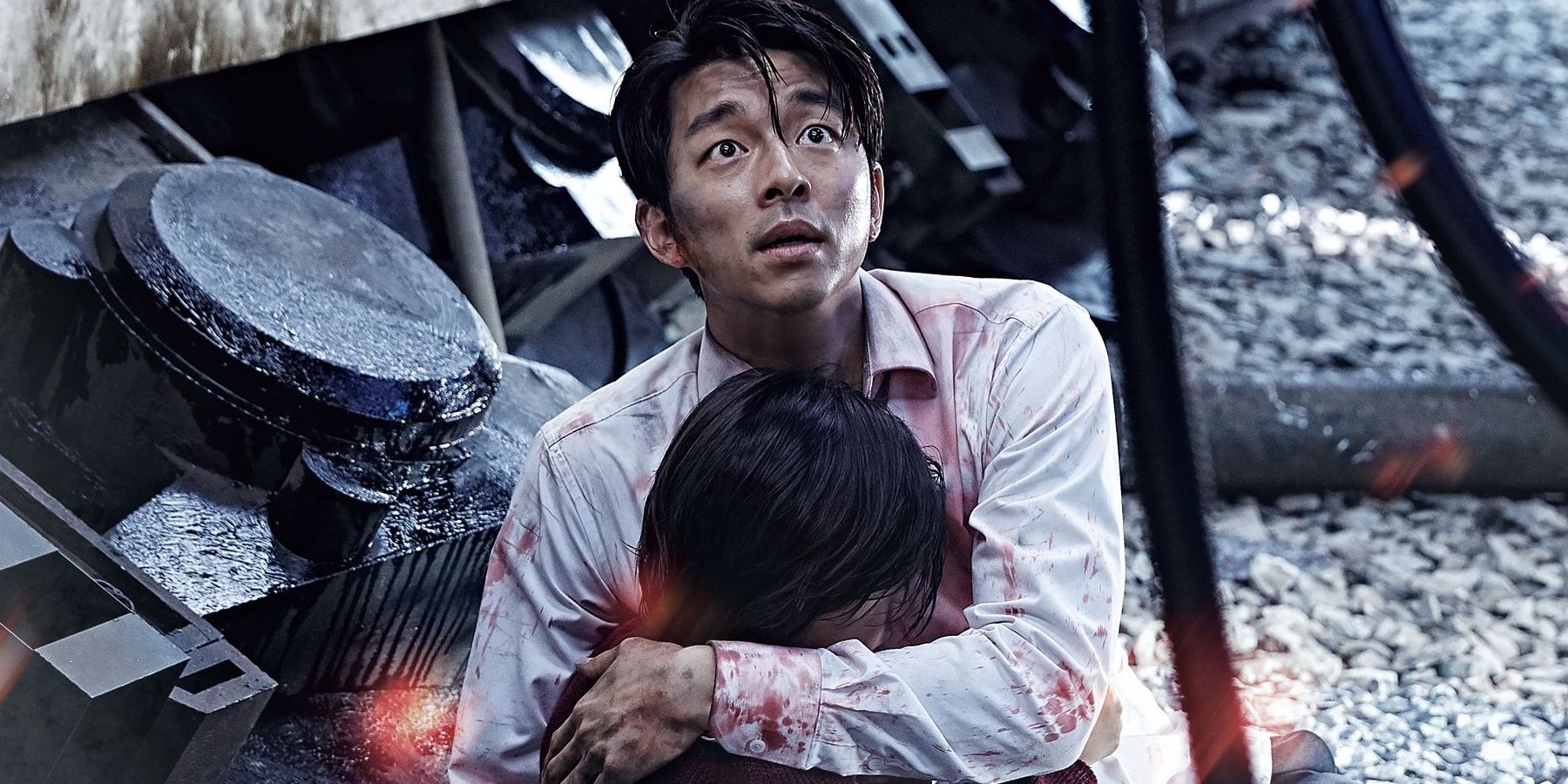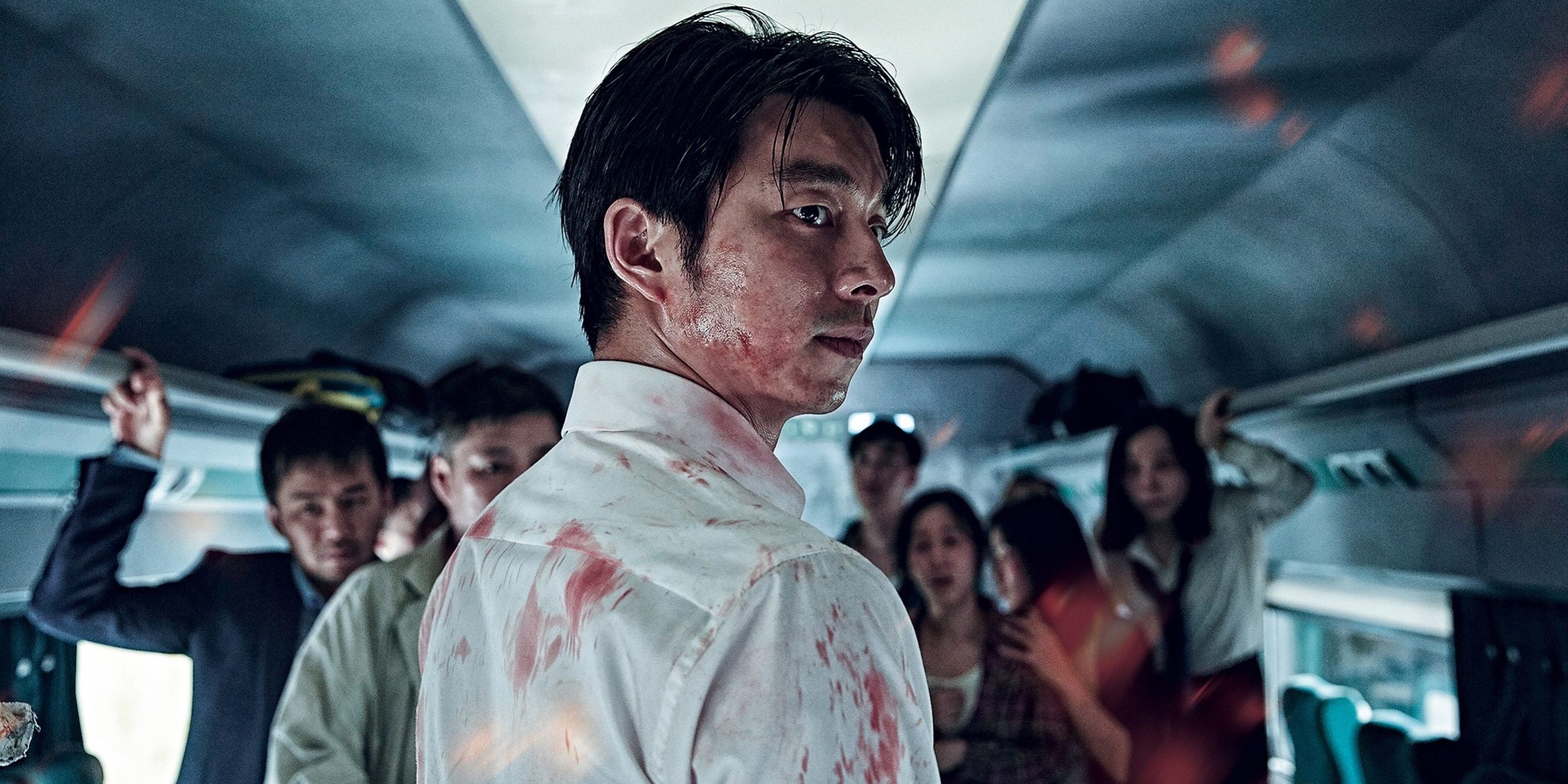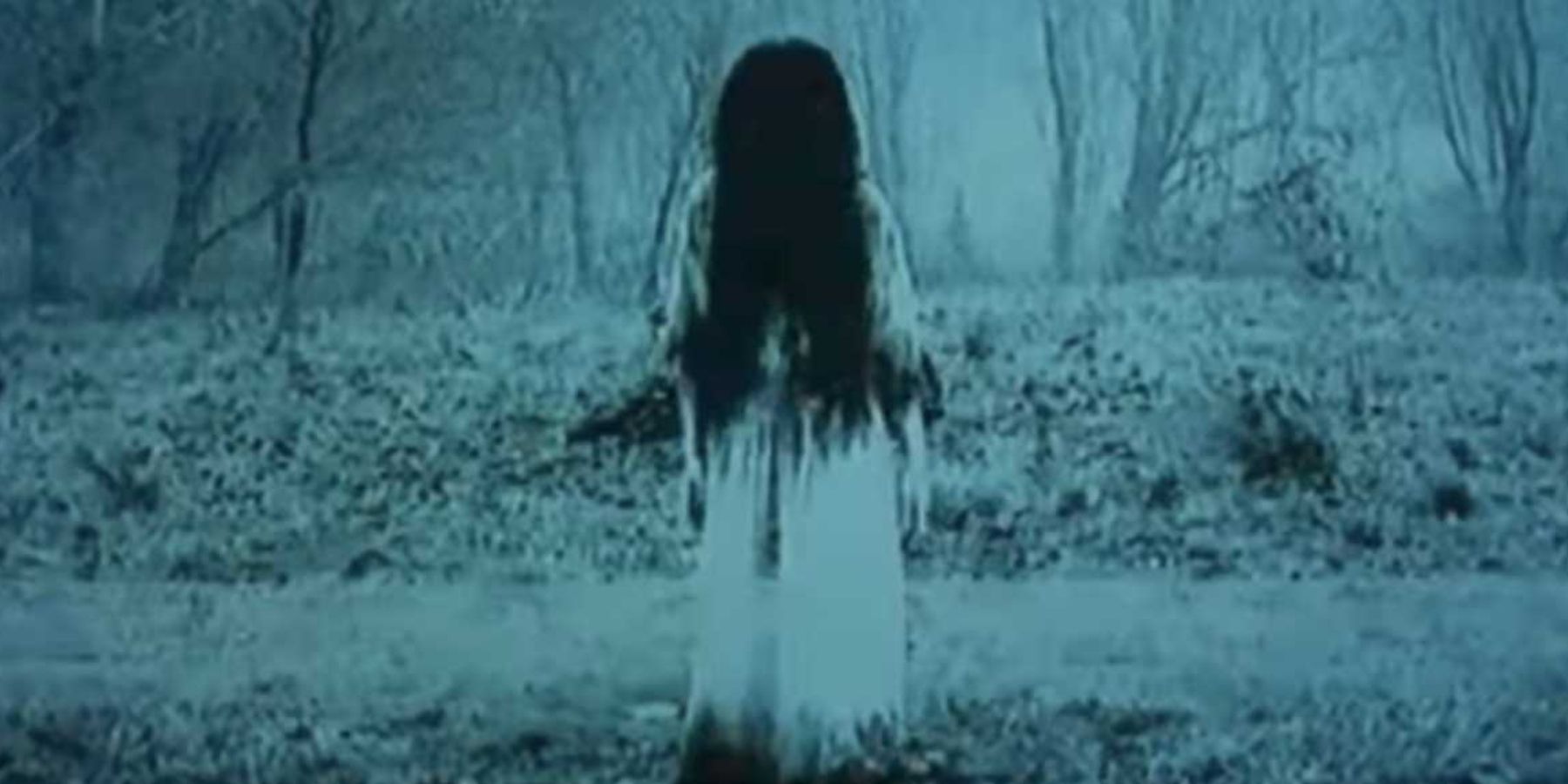The idea of an American remake of Train to Busan began almost instantly after the release of the original film, but the remake seems to be on its way 5 years later. There is no good reason to remake this film and the immediate insistence on doing so speaks to a long-running problem in the film industry.
Currently, the Train to Busan remake is set to be co-produced by Conjuring universe creator James Wan and writer Gary Dauberman. It is set to be directed by The Night Comes For Us director Timo Tjahhanto, creating a solid action-horror pedigree behind a largely unnecessary film.
Train to Busan is a deceptively simple thriller that connects thrilling set-pieces with strong social commentary to create something powerful and universal. The plot is fairly straightforward because the film is a masterclass in show don't tell filmmaking. A selfish businessman escorts his young daughter onto a high-speed train which is attacked by zombies. In short order, the passengers must react to the overwhelming disaster bearing down upon them. Its a film about panic, and the way different types of people behave when their backs are against the wall. The themes of selfishness, greed, compassion, and the triumph of the human spirit are timeless and applicable to any audience.
Hollywood has a long and often controversial history of adapting foreign works to appeal to an American audience, often cynically ruining great stories to cater to focus tested ideals of audience desires. These remakes come in a huge variety of types, some are not clear remakes, others are cheap attempts to recapture glory, still others see auteur filmmakers misunderstand other creators' work. From time to time, a reimagining designed for another culture can create something special all its own, but those few works are the exception rather than the rule.
One of the earliest examples of American takes on Asian film is the 1960's The Magnificent Seven. The film was adapted directly from Seven Samurai, perhaps the best-known work by Japanese film legend Akira Kurosawa. Lesser known is the 1996 western Last Man Standing, a direct adaptation of Kurosawa's Yojimbo. Kurosawa's work also inspired remakes from Italy, China, and more. Multiple fixtures of the Spaghetti Western genre are inspired by Kurosawa.
The late 90s and early 2000s brought audiences a glut of Hollywood attempts at translating Japanese horror films, usually with unimpressive results. Ringu and Ju-On gave way to The Ring and The Grudge. The trend of horror films based around Japanese ghost girls gave American audiences many sub-par entries. Hollywood created an even worse remake of The Grudge in 2020. When audiences picture an American remake of an Asian film, they are likely picturing Gore Verbinski's The Ring or The Magnificent Seven, but some modern remakes take a different direction.
The westerns adapted from Kurosawa worked because they took the bones of the original works and used them to create something unique. The J-horror adaptations only worked when they found new ways to manipulate the material. The real disaster scenario is best personified by Spike Lee's Oldboy. The 2013 remake of the beloved Korean thriller failed to justify its own existence, crafting an inferior version for no good reason. This example of an auteur taking over the work of another and making no creative choices would be the most clear failure scenario for a Train to Busan remake. Suspiciously, Park Chan-Wook's original Oldboy is not available to stream in the United States, while the American remake is available from many sources. This raises some difficult questions about the fate of films that get the American remake treatment.
Train to Busan is not a good candidate for a cross-cultural remake. Not because the plot, messaging, action, or even setting are particularly inextricable from its original home nation of South Korea, but because those details are universal. Changes made to suit an American setting will either not affect the film or be to its detriment. Surely the purpose of a cross-cultural remake is to introduce something to a new audience in a form that they can appreciate. Train to Busan is already appreciated by the American audience, trying it again could turn it into another bad horror remake. In fact, doing so will only contribute to a larger problem that has seen some huge buzz recently.
At the 2020 Golden Globes, Korean director Bong Joon-Ho accepted the award for Best Foreign Language Film for the masterful thriller Parasite. In his acceptance speech, he advocated for moviegoers to support subtitled films. He refers to watching films with subtitles as a "one-inch barrier" that cinema buffs must get over to expose themselves to a world of fantastic art. Many American remakes of foreign work, especially of Asian film, boast no real purpose other than presentation in viewers' native language. Creating a lesser version of a great film, just so American moviegoers can continue to fall short of that one-inch barrier is a cynical and regressive waste.
Hollywood should not still be adapting great films from foreign nations just to cash in on something already great or to avoid the dreaded subtitles. Train to Busan is a great film that stands on its own and deserves its place in the genre.



